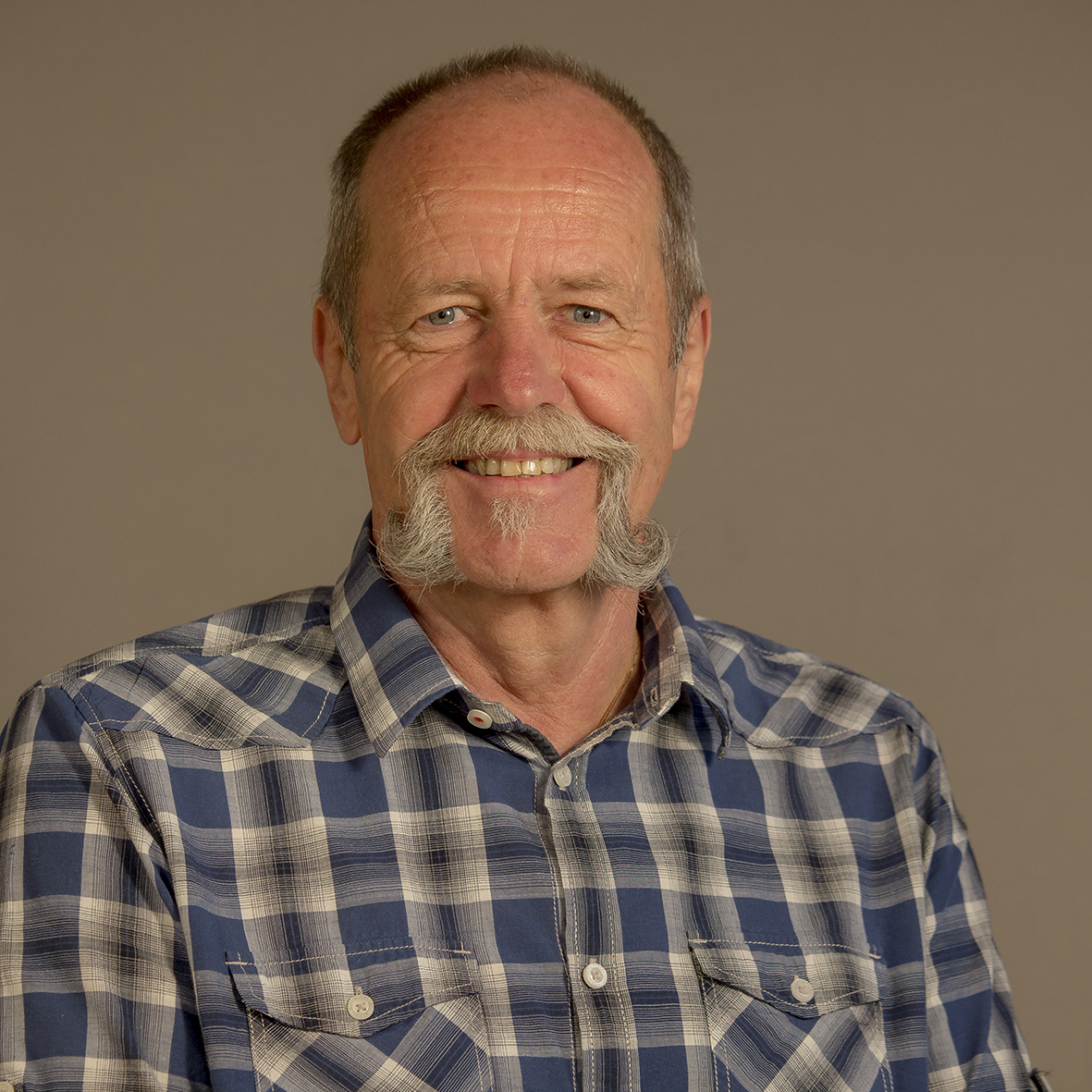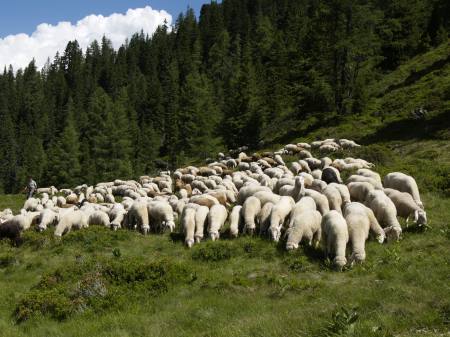Since 1960, the area of pure alpine pastures and mountain pastures has declined by 20%, and the total of extensively cultivated areas has fallen by more than 40%. These areas were rarely converted into commercial grassland through improvement measures; most of the time they were lost to forest or wasteland crops (Green Report 2007). The disproportionate global warming in the Alpine region will accelerate this process (Dirnböck 2003, Dullinger 2004, Schaumberger 2005). The present research project supports this goal through the following approach: The Styrian Sheep Breeding Association is developing a Leader+ project in the Leader region of Liezen with a duration of 2008-2013. In this project, a closed alpine pasture region (Hauser Kaibling - Alm and ski slope parts, ~ 150 ha) is subjected to regulated, active grazing with a flock of sheep (~ 600 ewes and 200 lambs) accompanied by a shepherd. The LFZ accompanies this project and thus creates mutual synergies to clarify the following sub-questions/goals:
- Effect of grazing on the plant population, yield and forage quality of ski slopes and alpine pastures
- Effects of alpine pasture on the development of the mother animals, as well as the fattening and slaughter performance of the lambs and their meat quality
- Animal health on home farms and the effect of alpine farming on the health of grazing animals
- Economic efficiency, marketing and SWOT analysis of the management approach
- Large-scale monitoring of alpine pasture management using a planning tool based on satellite images
- Development of a practical manual for establishing the new, innovative alpine pasture process.
This joint project integrates all LFZ institutes and follows the entire production cycle according to the motto: “From stable to table!”
Further information on project management can be found in the database for research and sustainable development (Dafne) -> Link








